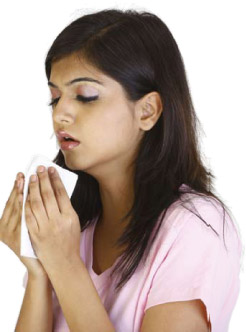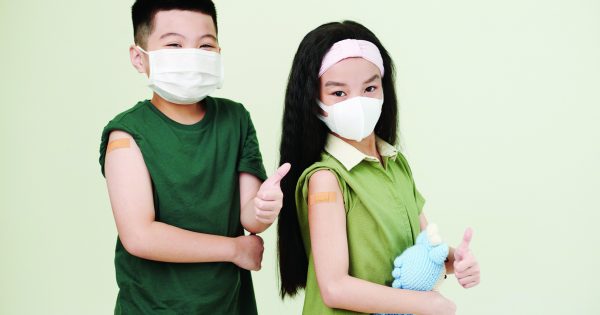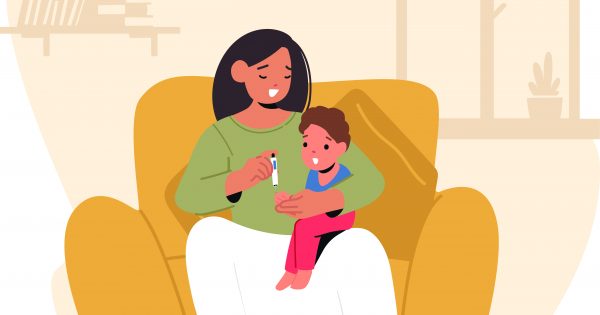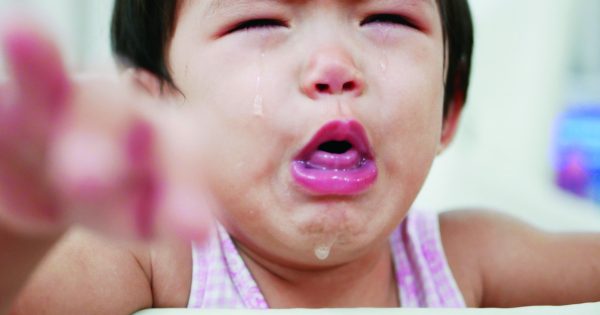Pertussis, or whooping cough, is a disease caused by the bacteria Bordetella pertussis. This infectious disease can affect both children and adults. But because the classic symptom of pertussis is hardly present in adult pertussis, the disease often goes undetected and under-treated in adolescents and adults.
As a result, many of them may unknowingly contract and transmit the disease to vulnerable populations – infants and young children who are not fully vaccinated or just partially vaccinated against pertussis. In fact, studies have shown that new parents, especially mothers, are the source of infection in more than 50% of pertussis cases.
If pertussis is passed on to infants and young children, it may lead to severe health complications. The disease is potentially fatal in those younger than 2 years.
Protection against pertussis
The only way to protect against pertussis is through vaccination. The incidence and mortality due to pertussis has dramatically reduced since the introduction of the pertussis vaccine in the 1940s. However, pertussis remains prevalent in certain parts of the world.
The main reason for this is because, unlike other vaccines (eg chickenpox vaccine) that confer life-long immunity, the protective effect of pertussis vaccine lasts for only 4 to 12 years. After completing childhood immunisation, a child may have lost his immunity to the disease upon reaching adolescence.
To re-establish the immunity, a pertussis booster shot is required. It is important for older children, adolescents and adults to receive periodic pertussis booster doses, not only to keep themselves protected, but also to prevent them from passing the disease to vulnerable infants and young children.
Extending the protection
Under the Malaysian National immunisation schedule, the pertussis vaccine is given in combination with diphtheria and tetanus toxoid (DTP) to infants at 2, 3 and 5 months, plus a booster dose at 18 months to reinforce the immunity.
At 7 years old, children receive diphtheria and tetanus (DT) vaccinations or “double antigen”, and not the pertussis vaccine. Considering the short-lived protection from pertussis vaccine, children lose immunity to the disease while growing up. Therefore, it is advisable that children get Tdap vaccine instead of DT vaccine at the age of 7 to boost their immunity against pertussis.
Similarly, as children reach the age of 15, they receive tetanus immunisation only. They should be revaccinated for extended protection against pertussis.
Facts & Figures
- In 2004, there were 25,000 cases of pertussis in the US. Out of these, more than 8,000 occurred in adolescents, and more than 7,000 in adults.
- In 2008, pertussis had resulted in about 195,000 infant deaths in developing countries.
- In Malaysia, sporadic cases of non-fatal pertussis increased from 8 cases in 2005 to 39 in 2009.
Recommendations
The US Centers for Disease Control and Prevention recommends:
- Adolescents aged 11-18 years to receive the Tdap in place of a Td (tetanus diphtheria) booster. Adolescents who have received Td vaccine are also encouraged to get a Tdap dose.
- Adults aged 19-64 years to receive Tdap to replace a Td booster shot.
- Adults, ie parents, grandparents, childcare providers and health professionals, who have close contact with babies below 12 months, to receive Tdap.
- Tdap to replace tetanus toxiod given during injury to prevent tetanus (lock jaw).
In addition, people who are travelling overseas are also advised to get their pertussis booster shots to reduce their risk of contracting the disease while abroad and bringing it home. At the moment, only a single dose of Tdap booster is recommended.
Pertussis vaccines in Malaysia
- DTaP – Used for routine childhood immunisation, it contains acellular pertussis (aP) vaccine instead of whole cell pertussis (wP) vaccine (in DTP). Both vaccines have similar efficacy, but DTaP contains fewer pertussis antigens and causes fewer reactions (e.g. swelling, tenderness at injection site, fever).
- Tdap – Used as booster shots for adolescents and adults, it contains components similar to DTaP vaccines, but the diphtheria and pertussis doses are reduced.







Comments